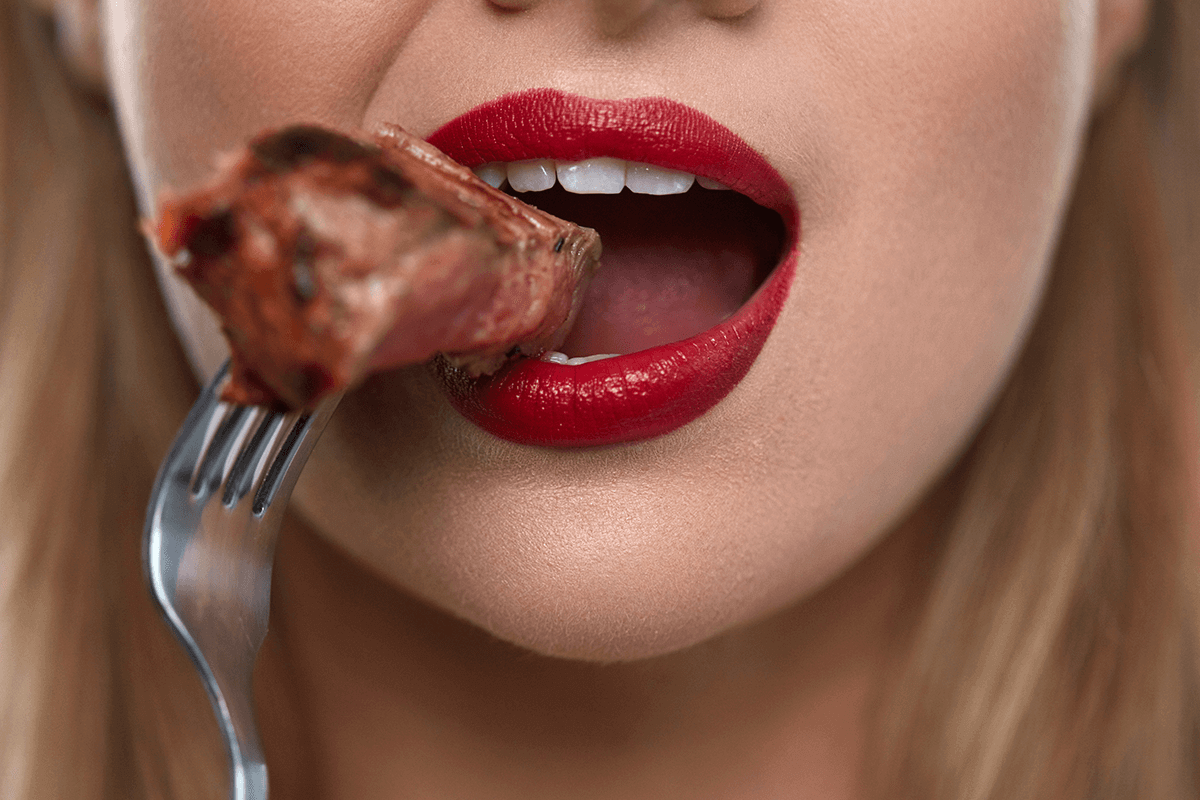Is the keto diet still cool?
Carbohydrates, fats and proteins are macronutrients that make up our daily diets. Our bodies focus on burning carbs first and foremost, using their energy to fuel all our metabolic processes. As long as our bodies have a steady source of carbohydrates, they will preferentially use them as a source of glucose to make the energy our bodies need.
But what happens if carbs are not available? Are our bodies able to make enough energy for us to survive? Fortunately, yes. Human beings have evolved lots of backup systems to keep us going if conditions change and energy production is no exception. When we can’t make energy from the carbs in our diet our bodies can use fat.
And this is where the Keto diet comes in, a daily food plan that causes our bodies to break down stored fats instead of carbs. When this happens, your liver starts producing ketones, a chemical that can be used by the body as a source of energy. This is when the body switches into a state of ketosis. Whether the body is in ketosis or not can be measured by the levels of ketones in our blood or urine.
So is the keto diet still cool, or more accurately, worth as effective as they say? Absolutely, but it does depend on how well you stick to it.
Originally, keto was a medical diet designed in the 1920s to assist children with uncontrolled epileptic seizures1. It’s still used today as a technique to help manage this condition, however it’s become more popular as a weight management tool. To achieve ketosis, a diet high in healthy fats, moderate in protein and low in carbohydrates is essential. Typically, the ratio of fats, protein and carbs is 70:20:10 i.e. 70% healthy fats, 20% lean protein and 10% carbohydrates. In this way we are providing our bodies with fats to burn for fuel, restricting the amount of carbs available while maintaining a healthy balance of protein for growth and repair processes.
Dietary Fats on Keto
One type of fat is especially helpful on a keto diet – medium chain triglycerides, or MCTs. MCTs are found in high levels in coconut oil hence why coconut is an ingredient included in most keto diets. MCTs are easily digested and converted to ketones by the body which supports the body to stay in the fat-burning state of ketosis2. MCTs, along with other healthy fats found in vegetable oils, fish, avocados and nuts, are a super-important source of energy and nutrition while on keto. Unfortunately, many people believe that any fats can be consumed in any amounts as part of a keto diet. And that’s simply not true. Unhealthy fats like those found in processed meats like ham, salami and bacon should not be a main source of fat intake while on keto.
How can I super charge my keto diet?
It can be a challenge making significant changes to your diet and that’s where supplements formulated specifically for a keto diet can be helpful.
If you think it’s going to be tricky achieving your keto ratio, i.e. the 70:20:10 rule, Nature’s Way Keto MCT Oil, MCT Powder and Keto Protein Powder can help. They contain high quality triglycerides and protein in order for you meet your fat and protein intake requirements. And if you feel like you need a pick-me-up during your keto day, Nature’s Way Keto Boost Capsules can provide an energy hit and a brain boost.
The Keto Diet can help you achieve your weight management goals but as with any diet program, it should be undertaken in conjunction with healthy exercise. If there is any underlying medical condition present you should consult your medical practitioner before doing the Keto Diet. The Keto Diet is not suitable for children, pregnant and breastfeeding women.



